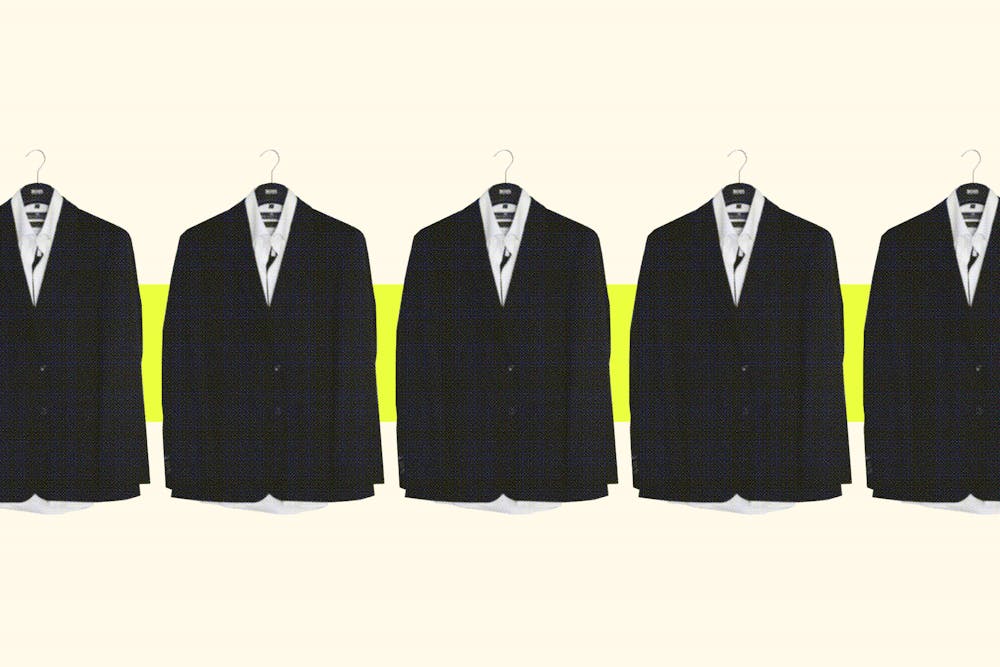From Louis Vuitton handbags, to red–bottomed Louboutin heels, to a basic outfit accessorized with a flashy Gucci logo belt, luxury goods are everywhere. However, the ubiquity of these items prompts questions about their authenticity.
Retail platforms such as The RealReal and Depop have expanded the second–hand luxury goods market. However, the exchange of these expensive items through various vendors, and online vendors especially, allows for the black market of luxury goods to be much more prevalent.
These online vendors, despite claiming to have a strict authentication process, occasionally sell their customers fake luxury goods, which are only discovered after suspicious customers sent these pieces to external authenticators.
In order to detect counterfeits, authenticators examine various details in the product such as the craftsmanship and quality. The make of a handbag, for example, is often determined through details such as the stitching, logo, and leather edges. But as the black market grows so much that counterfeits look practically identical to the real thing, what is the incentive to purchase an authentic accessory, especially at its steep price?
Z. John Zhang, professor of Marketing at the Wharton School, shared his thoughts on the future of luxury fashion in the context of the expanding black market.
To explain the mentality behind purchasing luxury goods, he uses the analogy of burning money in public to show off wealth. Zhang compares the purchase of fake luxury goods to burning fake money. If these counterfeit goods are so high quality that you can barely tell the difference, “you can imagine that the luxury goods do lose their role as a signal [of wealth],” he says.
Zhang describes two possible reactions in wealthy consumers to the growth of the black market and the prevalence of luxury goods. One result is that consumers will purchase more luxury goods to continue to stand out.
On the other hand, consumers could also respond by buying less goods. Zhang explains that seeing more false luxury goods could encourage wealthy consumers to spend more on less. He emphasizes that consumers can just replace the purchase of widespread luxury goods with more exclusive and expensive pieces.
These two reactions to the black market, despite their polarity, show just exactly how big it has become and its influence on the luxury goods market. If the black market has become so good at producing counterfeits that the difference cannot be detected by most, what is the point in purchasing the real thing? This question is especially pertinent when the production of many luxury goods have been transferred overseas to countries such as China, where most counterfeit goods are also made.
However, some say that the black market has done some good for luxury brands, with counterfeit goods making the idea of luxury more accessible to those who wish to don the Louis Vuitton monogram and Chanel quilted pattern, whether they're authentic or not. The result is that more people are walking around with perceived luxury, giving brands more public visibility, and thus, advertising.
Luxury fashion will continue to be a significant indication of wealth, and consumers will continue to want it. When pondering the future of luxury brands with the growth of the luxury black market, it’s clear that the two can and will continue to coexist.







